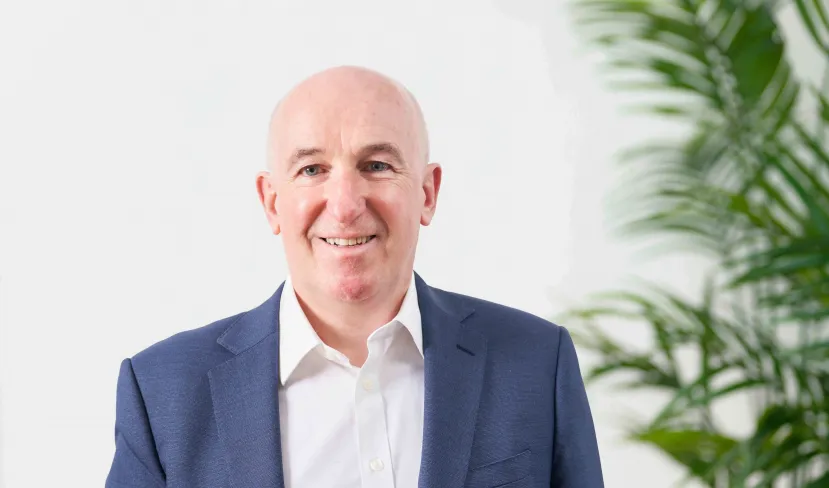
About the author
Ana Giraldo
Chief Risk Officer and Director Americas
Ana Giraldo is Thomas Murray’s Chief Risk Officer. She is based in Bogotá, Colombia, and also serves as Director, Americas. She leads our Risk Committee, and developed several internal risk methodologies to help clients assess their risk exposures to third parties. Ana is also the author of several technical papers on post-trade entities and risk.
Fears of another financial crisis have grown over the last few days, following the failure of US banks Silicon Valley Bank (SVB) and Signature.
Despite swift action by the US authorities to reassure depositors and prevent additional bank runs, by Wednesday of this week more local banks were under scrutiny. Moody’s announced it was likely to downgrade another six American banks, one of which (First Republic) actually had to be bailed out by a group of larger US banks, which injected US$30bn to save it from collapse.
However, the US banking system was not the only suffering from this uncertainty. On Wednesday, European bank share prices fell by as much as 10% in the global fallout from the collapse of SVB.
The most notable victim was Credit Suisse. The company's main shareholder, the Saudi National Bank, announced it could not increase its investments in Credit Suisse, citing regulatory concerns. As a result, stock in Switzerland’s second largest bank dropped by more than 25%, causing several trading halts.
Why Credit Suisse?
Credit Suisse has been subject to several investigations and fines during the last couple of years. In October 2022, it agreed to pay €238m to avoid prosecution on French money laundering and tax fraud charges.
It was also fined around £1.7m and ordered to pay £15m to the Swiss government in June 2022, when Switzerland's criminal court found that the bank did not do enough to prevent members of a crime syndicate from profiting from the trafficking of cocaine into Europe.
These are just a couple of examples of a range of sanctions the bank has faced.
“Material weaknesses”
In addition to several sanctions and fines, the bank has reported significant financial losses in the past two years. It is expected to report an annual loss of US$7.9bn for 2022.
This compares with an annual loss in 2021 of US$1.8m and a record loss during the 2008 financial crisis. Liquidity concerns led Credit Suisse to experience significant outflows of assets under management in late 2022 (of around US$133bn).
To exacerbate the problems, on 14 March the bank stated it had identified “material weaknesses” in its internal controls over financial reporting, which resulted in the delay of the annual report’s publication.
Thomas Murray’s response
Thomas Murray announced on Wednesday, 15 March, that it had reviewed the Sub-Custodian Assessment of Credit Suisse and decided to lower the following grades:
- Overall Risk: from A to A-
- Financial Risk: from BBB to BB
- Operational Risk: from A+ to A
Additionally, the Overall Risk Outlook has been changed to Negative, the Financial Risk Outlook to Negative, and the Operational Risk Outlook has been put On Watch.
These changes are the latest in a line of downgrades that started in 2022. Specifically, the Overall Risk grade was lowered from A+ to A in December, while the Financial Risk grade had been reduced from A to A- in October, and then further from A- to BBB in December.
Operational Risk was lowered from AA to A+ in July.
Credit rating agencies’ response
Despite the recent news emerging about Credit Suisse, the credit rating agencies have maintained the ratings for Credit Suisse at above investment grade.
As of 17 March, long-term ratings for Credit Suisse AG stood at:
- A3 with negative Outlook by Moody’s;
- A- with Stable Outlook by S&P; and
- BBB+ with Negative outlook by Fitch.
This raises concerns about the ability of the agencies to react promptly to these events.
Let us know what you think
At Thomas Murray, we monitor in real time the financial, operational and cyber risk of thousands of organisations across more than a hundred markets, with the primary aim of improving asset safety for our global client base. We are always interested in hearing your views about the impact on you of events like the collapse of SVB. Contact me, Ana Giraldo, or my colleague Derek Duggan, to discuss any of these issues in more depth.




